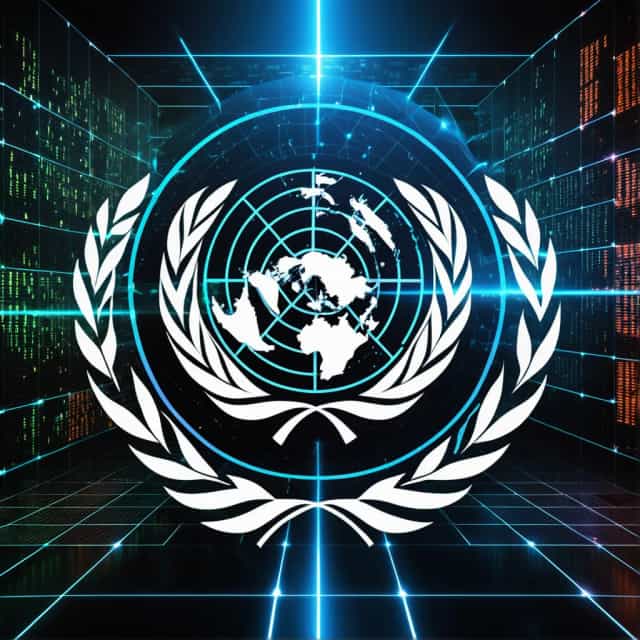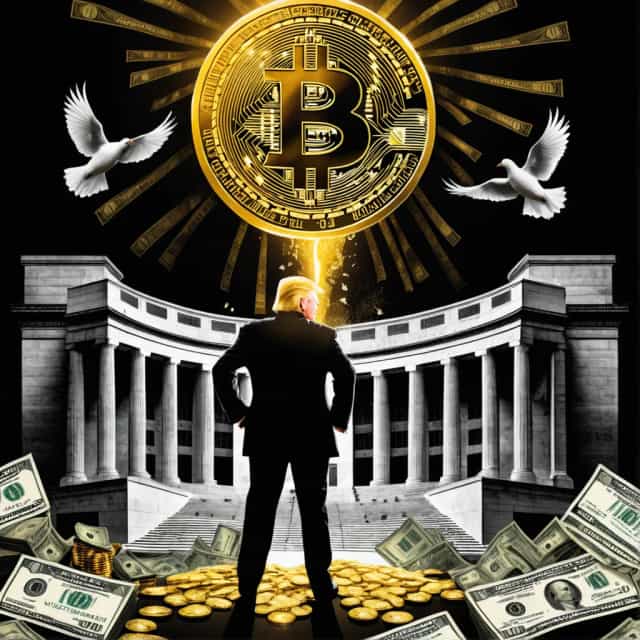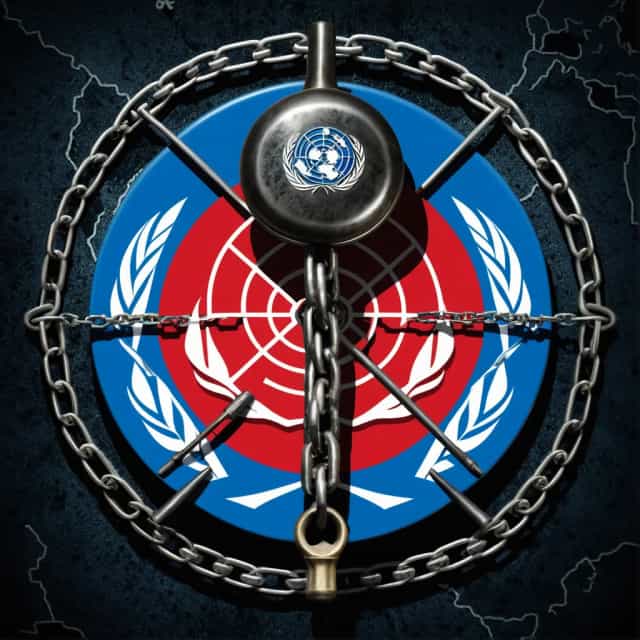
출처: Block Media
Ripple Drives Institutional DeFi Growth and Global Market Expansion via XRP Ledger
Ripple, leveraging the power of its XRP Ledger (XRPL), is accelerating efforts to expand its influence within institutional decentralized finance (DeFi). With a reported monthly stablecoin transaction volume exceeding $1 billion, as noted by Bitcoin.com on October 28, XRPL has firmly established itself as one of the top 10 blockchain networks active in integrating real-world assets.
Ripple’s Strategic Vision for Institutional DeFi Leadership
Ripple's proactive roadmap outlines a multi-pronged approach aimed at solidifying its position as a reliable payment layer for both regulators and crypto enterprises. Its framework is grounded in three strategic pillars: fostering robust regulatory infrastructure, enhancing institutional lending mechanisms, and developing privacy-preserving technologies leveraging zero-knowledge proofs.
To support these objectives, Ripple has already rolled out significant protocol advancements. The "Deep Freeze" feature, for instance, empowers issuers to lock accounts involved in suspicious activities, ensuring better risk management and compliance. Meanwhile, the "Simulate" feature allows institutional stakeholders to pre-test transactions in a safe environment, enabling more accurate execution processes and reducing errors.
Ripple is also setting the stage for the tokenization and trading of sophisticated financial instruments, such as bonds and structured products. This effort is bolstered by its development of "MPT standards" and conditional payment capabilities, which aim to expand the horizons of decentralized finance by catering to complex institutional needs.
Breakthrough Sharia Certification and Access to Islamic Finance
Marking a groundbreaking advancement, Ripple’s XRP has secured Sharia compliance certification from the Shariyah Review Bureau (SRB), an independent advisory firm supervised by the Central Bank of Bahrain. This milestone represents an entryway into the Islamic finance sector, a market valued at approximately $2 trillion.
In their evaluation, the SRB confirmed that XRP aligns with Islamic principles by meeting compliance standards that restrict activities such as charging interest (riba), engaging in excessive uncertainty (gharar), and conducting speculative transactions. This recognition now enables Muslim users and financial institutions to employ XRP as a Sharia-compliant tool for payments and settlements, unlocking new adoption opportunities within this culturally significant niche.
Implications for Islamic Finance and Strategic Regional Entry
According to industry analysts, the implications of this certification extend beyond symbolism. It serves as a key enabler for Ripple to secure partnerships with financial entities in predominantly Islamic regions, where regulatory and cultural dynamics have often posed challenges for broader adoption. However, gaining similar certifications in viable markets like Saudi Arabia and the United Arab Emirates (UAE) would necessitate separate, jurisdiction-specific approvals as mandated by their respective Sharia boards.
XRP supporters anticipate that this certification will drive institutional demand and fuel price growth in the Middle East and North Africa (MENA) region. To sustain momentum, Ripple is expected to maintain high standards of transparency and ethical integrity across all operational touchpoints.
Navigating Global Financial Ecosystems with Strategic Precision
Ripple’s steady evolution underscores its commitment to redefining the digital asset landscape through innovation and inclusivity. By expanding partnerships in regulated DeFi environments, pioneering privacy technologies, and now tapping into Islamic finance, the company is effectively broadening the utility of its XRP Ledger.
Looking ahead, Ripple’s multifaceted approach positions XRPL as a critical infrastructure layer within the global financial system. Its ongoing dedication to regulatory compliance, regional market adaptation, and technological advancement reflects a vision aimed not only at navigating diverse financial landscapes but also at shaping the future of decentralized finance on a global scale.










